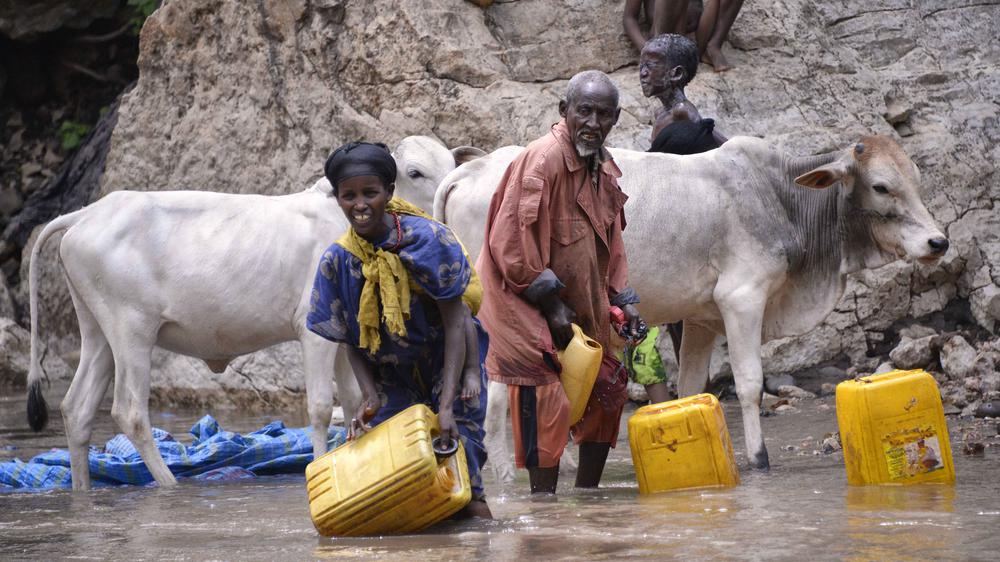Lead researcher
Land & water
The use of the planet’s land and water resources are intimately linked with each other and with the climate. Land and water use relates to both the mitigation of climate change via reducing emissions of greenhouse gases, and adaptation via their role in climate change impacts.
Tyndall Centre research is tackling key issues related to land use and the services provided by ecosystems, including the need to avoid tropical deforestation to limit global temperature rise to two degrees Centigrade, the impact of carbon forestry projects on local communities, and the trade-offs between different types of land use for achieving food and energy security, such as the growing of biofuels and food crops.
Research also looks at the resilience of water resources and land systems to the impacts of climate change and adaptation processes and how human security is affected by water-related climate hazards such as floods and droughts. Research spans a range of geographical scales and approaches, from small-holder farmers in Africa in relation to livelihoods and resilience to floods and droughts, to analysing the type of climate change information needed for adaptation by water resources managers in the UK, and global scale modelling studies that assess the benefits of mitigation and adaptation strategies.
Theme co-ordinator: Rachel Warren r.warren@uea.ac.uk
Image Credit: "Drinking Water, Sof Omer, Ethiopia" by Rod Waddington is licensed under CC BY SA 2.0


